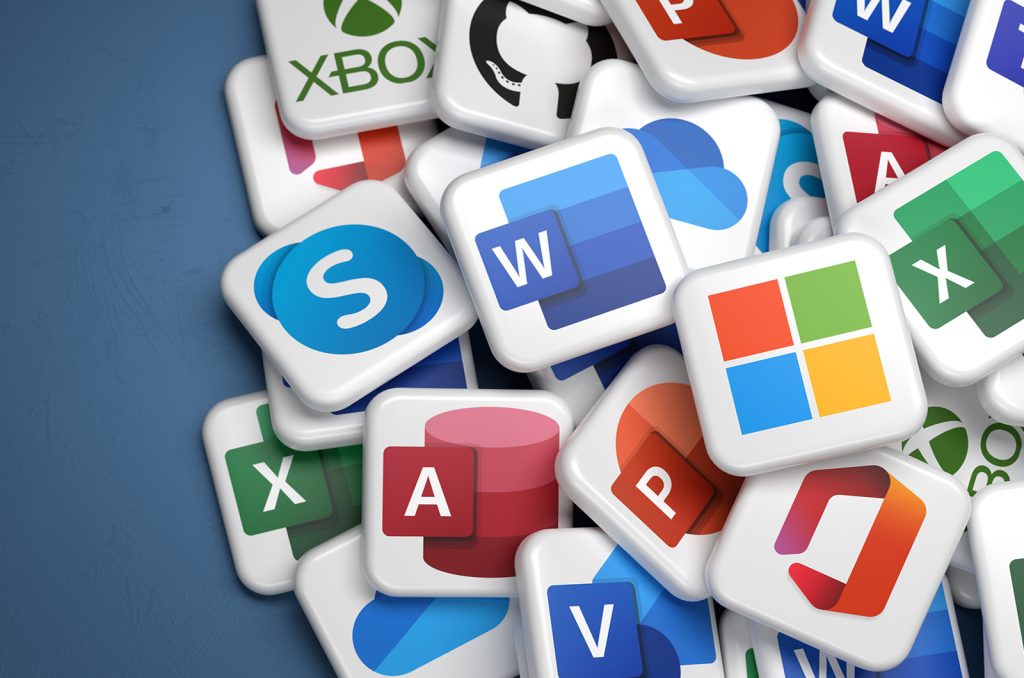Microsoft, a company that has shaped the computing world for five decades, celebrates its 50th anniversary on Friday. While it has long been a dominant force in software, cloud computing, and enterprise solutions, the company is now betting on artificial intelligence (AI) to secure its future.
Founded in 1975 by Bill Gates and Paul Allen, Microsoft pioneered personal computing with MS-DOS and later revolutionised the industry with its Windows operating system. Over the years, it has expanded into cloud computing, gaming, and enterprise software, cementing its status as a tech powerhouse. Today, with a market capitalisation of $2.9 trillion—second only to Apple—Microsoft remains one of the most valuable companies in the world.
Microsoft’s Office suite, once sold as boxed software, is now a cloud-based subscription service, making it an integral part of the company’s revenue stream. Under CEO Satya Nadella, Microsoft pivoted toward cloud computing, turning Azure into one of the leading cloud platforms alongside Amazon Web Services (AWS) and Google Cloud.

Despite its stronghold in business software, Microsoft has struggled in other areas, such as social media, mobile technology, and search engines. LinkedIn, which it acquired in 2016, has grown steadily but lacks the influence of platforms like Facebook or X (formerly Twitter). Meanwhile, its Bing search engine continues to trail behind Google.
Microsoft has heavily invested in AI, forming a key partnership with OpenAI, the company behind ChatGPT. AI features have been integrated into products like Bing, Office, and Azure, positioning Microsoft as a major player in the AI revolution. However, analysts argue that Microsoft still lags behind AWS and Google in foundational AI models and custom chips, leaving room for competitors to challenge its dominance.
As Microsoft marks its 50th year, it stands at a critical juncture. With AI reshaping industries and Google Cloud’s rapid growth threatening its Azure business, Microsoft must continue innovating to maintain its leadership. Whether it can fully capitalise on AI and cloud computing will determine its place in the next era of technology.


